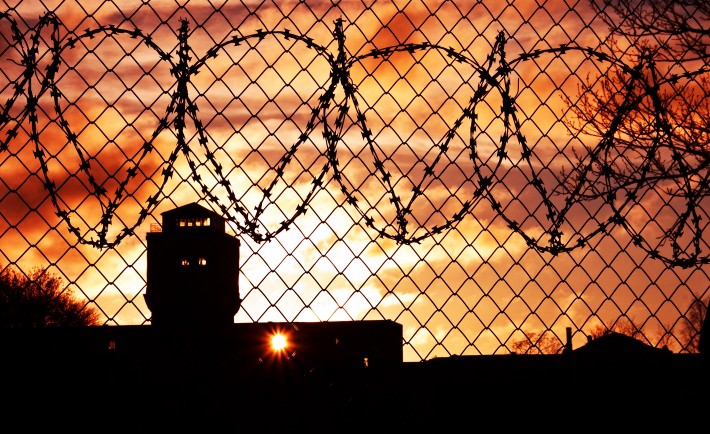US politicians have suddenly woken up and realized—finally—that something has to be done about mass incarceration.
At the end of my chapter “Mass Incarceration: Young Men Locked Up, Locked Out” in my book Swagger, I wrote:
What’s remarkable is that millions of us — mostly young men — have disappeared from American life in just one generation, with so little public discussion. The United States currently has more prison inmates than the leading thirty-five European countries combined. With just over 4 percent of the world’s population, the United States accounts for a quarter of the planet’s prisoners. A generation of young men have been lifted whole from our communities, locked into cages, and there’s no outcry, barely even a mention of their absence. Few parents understand the harshness of the system that awaits a boy who breaks the rules, even once, even as a minor. New prisons are being built every year. State legislators eager to appear “tough on crime” are constantly dreaming up new restrictions on ex-offenders’ rights. Boys and young men and others are being plucked from their communities every day, in every town, sentenced to long prison terms disproportionate to their crimes.
As this book went to press, amidst the 2012 election debates, the issue of the mass incarceration of US citizens was not even a blip on the candidates’ radar.
I am pleased to report that this week, things have changed. The leaders of both parties have noticed that caging our own people en masse is not working. Kudos to everyone who has written, spoken out, peacefully demonstrated and agitated for change on this urgent issue. This shift in thinking has come from all that grassroots organizing.
In a speech to the NAACP this week, President Barack Obama called for a sentencing overhaul bill to be passed this year that would reduce mandatory minimum sentences “or get rid of them entirely,” favoring treatment or other alternatives for many drug offenders. He called for better treatment of prisoners, and became the first president to visit a federal prison while in office. He endorsed the “ban the box” campaign to end the requirement that ex-cons check job application boxes showing their past convictions (and ensuring they won’t get the job).
Remarkably, Republican House Speaker John Boehner largely agrees, and said he supports a bipartisan bill currently making its way through the House that would, among other things, lower mandatory minimum sentences for non-violent drug offenders.
Boehner supports the Safe, Accountable, Fair, and Effective (SAFE) Justice Act, a bipartisan bill introduced by Reps. Jim Sensenbrenner and Bobby Scott. “We’ve got a lot of people in prison, frankly, that don’t really in my view need to be there,” Boehner continued. “It’s expensive to house. Some of these people are in there for what I’ll call flimsy reasons.”
Former President Bill Clinton even apologized for signing 1994 legislation that ramped up mass incarceration. (If only the poor had not been considered political pawns at that time, their lives squandered to generate votes for “tough on crime” candidates.)
We are long overdue to end mass incarceration in America. For decades we have collectively turned our backs on our own people, including millions of nonviolent drug offenders. The racial disparities are alarming. African Americans are now incarcerated at more than twenty-six times the level they were in 1983, and Latinos twenty-two times more. (Whites are incarcerated at “only” eight times the level they were thirty years ago.) For juveniles, African American kids are six times as likely as whites to be sentenced to prison for identical crimes.*
I only wish our leaders had heeded our calls sooner, and that so many lives had not been squandered in the last generation while politicians tripped over themselves calling for longer prison sentences in The War on Drugs, which all along was a war on our poor, and especially our black and brown poor. If their words this week are genuine, they should prioritize this issue and move quickly to reform our shameful, broken, toxic criminal justice system.


